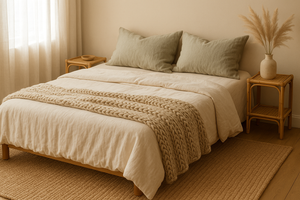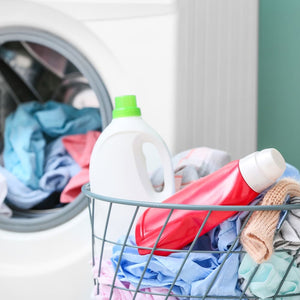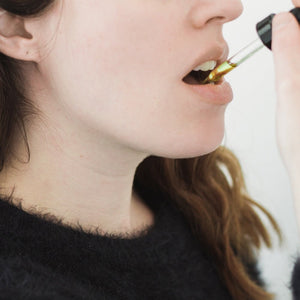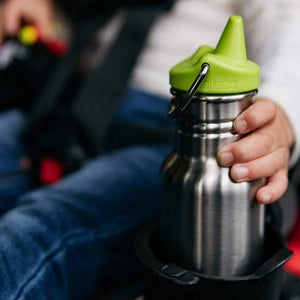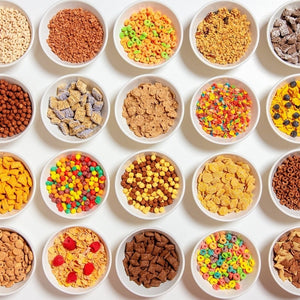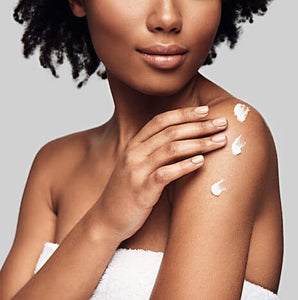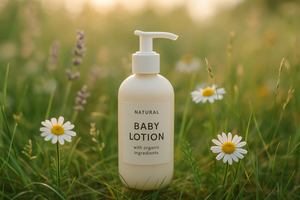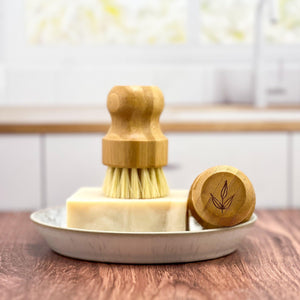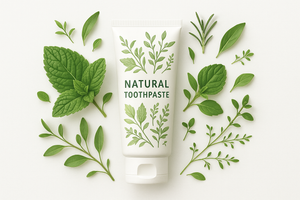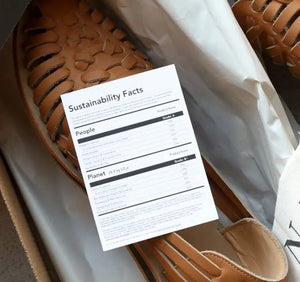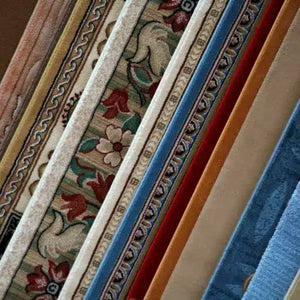Buying a “safe” car seat for your new baby (or your toddler) should be simple, but can be confusing and overwhelming. Obviously, the primary concern is choosing a seat that will protect your baby in the event of a car accident, and I like the Wirecutter for its reviews on items like this.
Of course, here at Gimme, we also feel that it’s essential to look at the chemical safety of every car seat you’re considering. Doing this within your budget can making staying sane a challenge, but we hope this guide will help!
How to Use This Guide
We reviewed seats from ten car seat manufacturers. Most of these did not make seats that were all Good Stuff.
For this reason, you’ll note that in our list of Best/Good/Okay/Bad Stuff below, we’ve categorized the seats by model rather than brand, with the exception of Britax, as all of their seats are Good Stuff (but not Best Stuff).
It’s also worth noting that no car seat manufacture received higher grade then a D in transparency in this report. This is due to the lack of public communication about chemicals and their use, and the fact that not one manufacturer has a public restricted substance list and most do not have a public chemicals policy. We hope this changes in the future.
Toxins in Car Seats
Some of the most concerning chemicals that can be found in car seats are:
1) Flame Retardants
State and federal safety standards (FMVSS 302 and California TB 117) require all car seats and strollers to meet stringent flame retardant standards.
There are two types of flame retardants: halogenated, which include brominated and chlorinated flame retardants, and non-halogenated, which use phosphorus and nitrogen. Research shows that non-halogenated flame retardants are likely less toxic than are halogenated flame retardants.
Several companies are moving away from halogenated flame retardants, and that's great. Still, we believe that phosphoruss-based flame retardants should be considered as potentially hazardous until proven otherwise, so that seats that contain those.

It can be difficult to meet safety standards without adding chemical flame retardants, but it’s not impossible, and some manufacturers have been able to meet these requirements without the use of toxic materials or chemicals. You’ll learn more about these brands, below.
I'm excited to see so many car seat manufacturers now offering merino wool car seats. Wool is a naturally flame retardant fabric because it is difficult to ignite, and flames are often extinguished in the fibers. Furthermore, wool does not melt, drip, or stick to the skin when it burns.
2) Stain-Resistant Fabric Treatments (PFCs/PFOAs)
Stain-repelling PFOS (perfluorooctanesulfonic acid) is both massively detrimental to the environment and also linked to cancer, hormone disruption, and immune system dysfunction.
Scotchguard has phased-out PFOS and has replaced it with PFBS (perfluorobutanesulfonic acid). So far, PFBS seems safer, mostly due to a shorter half-life, but studies are still lacking.
Your best bet is to avoid any fabrics treated with stain- or water-repellents.
3) Shock-Absorbing Foams
The foam used in cars seats serves an important function: it absorbs impact when a car accident occurs. The foam used is in almost all seats is one of the following:

-
EPS (Expanded Polystyrene, AKA Styrofoam)
EPS is typically treated with halogenated flame retardant and breaks off more easily, and thus car seats made with EPS should usually be avoided. -
EPP (Expanded Polypropylene)
EPP foam is environmentally friendly, apparently non-toxic, and offers impact absorption and high strength properties. Also, EPP foam does not require the use of additional flame retardants. -
EPO (Expanded Polyolefin)
Like EPP, EPO is naturally flame resistant.
You might have heard about other concerning toxins in car seats, including phthalates, PVCs, heavy metals, and more. Fortunately, you can look for certifications on car seats that will ensure that these have been tested for, such as JPMA, Oeko-Tex, and GreenGuard.
The Four Best Brands for a Non-Toxic Car Seat
- Clek: All Clek brand car seats are third-party tested for volatile chemicals/components and all seat covers can be removed and washed. Clek is also the first and only car seat manufacturer with a recycling program so I give them extra props for that. You can see which fabrics/models are Best, Good, and Okay below.
- Nuna Baby: Nuna is a Dutch company, and as of 2019 all Nuna car seats are free of flame retardants. Nuna changed the foam used in all of their car seats (except for the Aace booster) from EPS to EPO (expanded polyolefin), which is naturally flame resistant. Nuna private labels non-toxic car seats for Bugaboo and Stokke, as you'll see below.
- Orbit: Orbit baby is moving towards using merino wool for their future car seat launches. These will be offered at a higher price point. Currently, Orbit’s infant car seat is Good Stuff, and once they transition to merino wool, they’ll likely be upgraded to Best Stuff. Orbit will be launching a toddler car seat in 2020.
- Uppa Baby: Uppa makes one car seat, called the Mesa. Depending on the fabric, and Mesa might be Best Stuff, Good Stuff, or Okay Stuff. You can read more about these, below.
